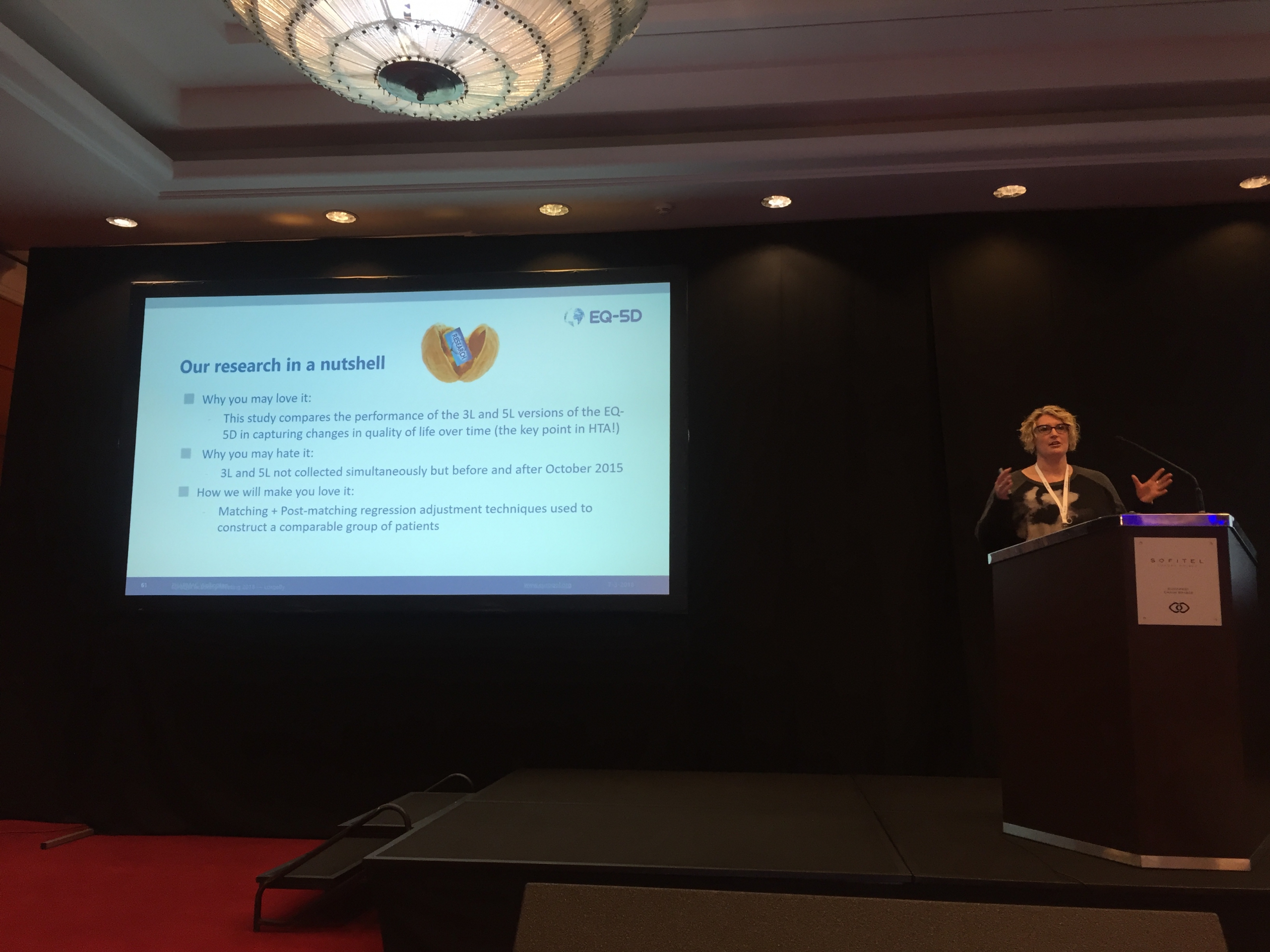Sign up to our newsletter Subscribe
Analysing Global Immunisation Expenditure

Sign up to our newsletter Subscribe


OHE presented at the NHS Global Health Volunteering Group meeting in London on research measuring the value of international volunteering for the NHS. The Office of Health Economics has recently completed a research project funded by the NHS Global Health…
OHE presented at the NHS Global Health Volunteering Group meeting in London on research measuring the value of international volunteering for the NHS.
The Office of Health Economics has recently completed a research project funded by the NHS Global Health Exchange – Health Education England (HEE). The primary aim of the project was to quantify the benefits of international placements and volunteering to the NHS. Dr Bernarda Zamora presented the research findings at the NHS Global Health Volunteering Group meeting held in London on 4th September 2017 (access the slides here).
Several models in the existing literature could be used to measure the monetary value of the benefits from healthcare volunteering. However, there is limited evidence about how to quantify the values that returned international healthcare volunteers bring back to their country of residence.
This project aims to fill this gap in the literature by applying a novel approach to: (1) identify the various benefits to the NHS from returned international healthcare volunteers; and (2) quantify those benefits in monetary terms.
Benefits to the NHS from the returned international healthcare volunteers are classified into three areas according to the MILES (Macroeconomic conditions, Investment climate and infrastructure, Labour market regulations and institutions, Education and skill development, and Social protection) framework. The economic value for the NHS from international volunteering is mainly derived from diffusion of innovation in management and service delivery. The private value for the volunteers comes from increased productivity as a result of improvements in their skills. This project applied productivity indices to measure the effects of skill improvement on the NHS labour force.
The research presented an example using data from the Health Partnership Scheme (HPS). Between 2011 and 2016, 1,700 volunteers joined the scheme. The main assumption is that those volunteers are comparable with NHS staff, and some of the volunteers develop their skills during the placement period and return to their previous health professional category after the placement.
The results suggest that international volunteering generates average productivity gains ranging from 5% to 15% if the volunteers are in the ‘doctors’ category; lower gains would be obtained for staff in lower salary bands. According to the baseline earnings of these volunteers, the total value of international volunteering from this programme to the NHS is in the range of £2.7m to £8.1m.
The annual budget of the HPS, around £5m, could exceed our estimation of the annual benefit to the NHS. However, an important objective of the HPS is to assist the development of the host country. It is expected that an important part of the value of international volunteering is captured by the host country via the economic value generated from services directly delivered by international volunteers.
This project is funded by the NHS Global Health Exchange – Health Education England. Views expressed in this presentation are those of the authors and are not necessarily those of the funder.
For more details please contact Dr Bernarda Zamora.
An error has occurred, please try again later.
This website uses cookies so that we can provide you with the best user experience possible. Cookie information is stored in your browser and performs functions such as recognising you when you return to our website and helping our team to understand which sections of the website you find most interesting and useful.
Strictly Necessary Cookie should be enabled at all times so that we can save your preferences for cookie settings.
If you disable this cookie, we will not be able to save your preferences. This means that every time you visit this website you will need to enable or disable cookies again.
This website uses Google Analytics to collect anonymous information such as the number of visitors to the site, and the most popular pages.
Keeping this cookie enabled helps us to improve our website.
Please enable Strictly Necessary Cookies first so that we can save your preferences!
